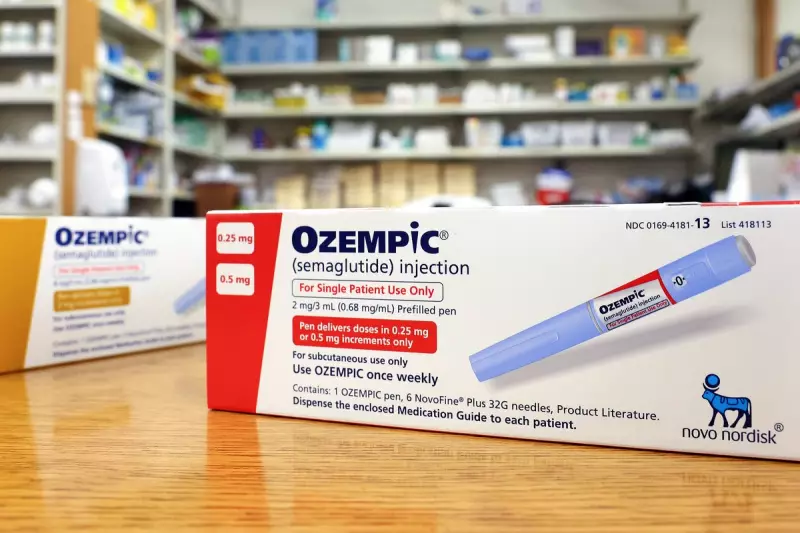
Patients taking the wildly popular weight-loss medications Ozempic and Wegovy are facing unexpected and potentially dangerous complications during crucial medical scans, according to alarming new research emerging from the United States.
The Hidden Danger in Medical Imaging
Medical professionals are sounding the alarm after discovering that these GLP-1 agonist drugs, prescribed to millions for diabetes and weight management, are causing stomach contents to remain in patients' systems for dangerously extended periods. This creates a significant risk during emergency scans where patients are typically assumed to have empty stomachs.
The problem stems from how these medications work - they dramatically slow stomach emptying, which helps control appetite but creates a ticking time bomb when patients require urgent medical attention.
Real-Life Medical Emergencies
Doctors at prestigious American hospitals have reported numerous cases where patients taking these drugs arrived for emergency scans only to discover they still had substantial stomach contents despite following standard fasting protocols. This situation poses a critical risk of pulmonary aspiration during sedation - where stomach contents can enter the lungs, causing potentially fatal complications.
One radiologist from the David Geffen School of Medicine at UCLA described the situation as "a growing crisis in emergency medical imaging that nobody anticipated."
Urgent NHS Guidance Expected
While the research currently focuses on American healthcare settings, British medical authorities are closely monitoring the situation. The NHS is expected to issue updated guidance for both patients and healthcare providers regarding these potentially life-threatening complications.
The key concerns identified by researchers include:
- Delayed stomach emptying persisting much longer than typical fasting periods
- Increased risk of pulmonary aspiration during sedated procedures
- Potential for inaccurate scan results due to residual stomach contents
- Emergency situations where medical staff may be unaware of medication use
What This Means for UK Patients
With Ozempic and similar medications becoming increasingly common in the UK, medical professionals are urging patients to be proactive about their safety. Experts recommend that anyone taking these drugs should:
- Inform all healthcare providers about their medication use before any procedure
- Discuss extended fasting requirements with their medical team
- Carry information about their medications when visiting emergency departments
- Be aware of the potential risks during any medical imaging requiring sedation
As one British gastroenterologist noted, "This isn't about stopping these medications, but about ensuring patient safety through proper protocols and awareness."
The medical community is now racing to establish new safety guidelines that could fundamentally change how patients taking these blockbuster drugs are managed in emergency healthcare settings across the UK.





